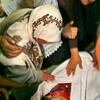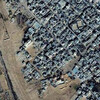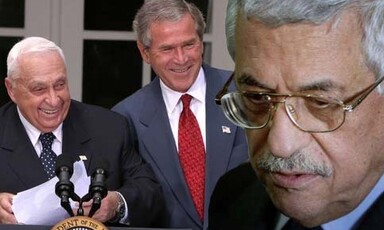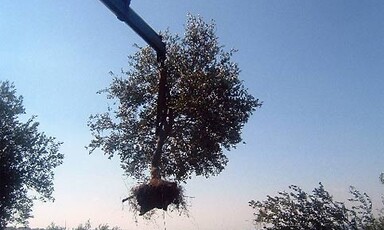
In at the deep end for Abu Mazen
19 January 2005
Only hours after Mahmoud Abbas was sworn in as president of the Palestinian Authority, he found himself in the middle of a crisis. The Israeli government announced it would freeze all contacts with him, prompting negotiations affairs minister Saeb Erekat to accuse Israel of planning to do to Abu Mazen what it had done to the late President Yasser Arafat, who ended up besieged in his headquarters and almost completely frozen out of the diplomatic loop. Events had snowballed for the new president after a joint operation by three armed factions on the Mintar (Karni) Crossing on January 14 claimed the lives of six Israelis. Read more about In at the deep end for Abu Mazen








